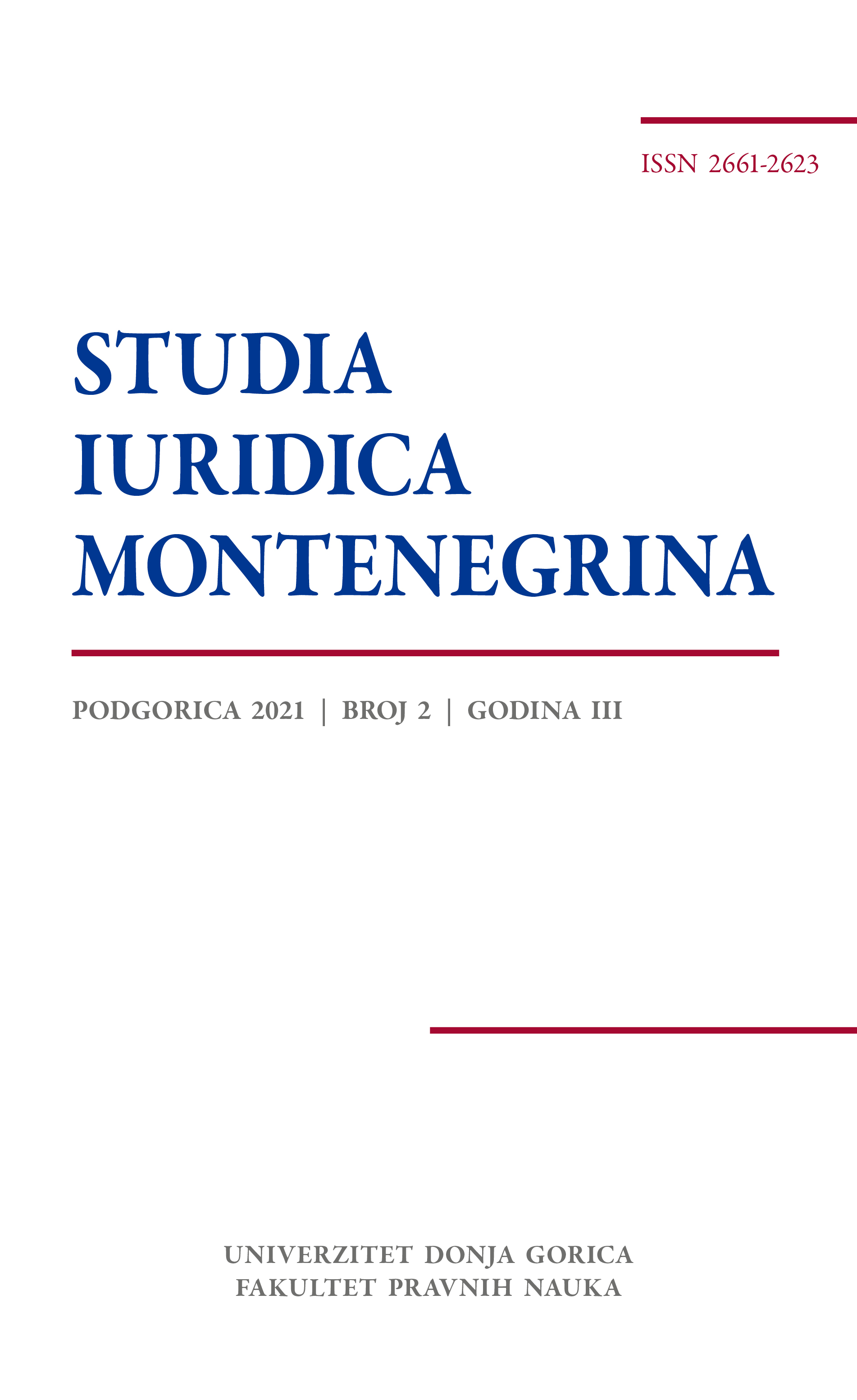Dečiji rad u međunarodnom i evropskom pravu
Child labour in international and european law
Author(s): Predrag P. JovanovićSubject(s): Law, Constitution, Jurisprudence, Labour and Social Security Law
Published by: Fakultet pravnih nauka Univerziteta Donja Gorica
Keywords: child and youth labour; prohibition to work for children and youth, protection at work for children and youth; international conventions on child labout; The EU Directive on protection of young people
Summary/Abstract: Children/youth vulnerability is a specific characteristic of such persons caused by their age and the need or obligation to acquire primary education, in accordance with the national regulations. Both in the international and national law, this yields the need to provide special measures for their protection during employment and work, so that their vulnerability would not put them in an unfavourable position compared to the rest of population and the ones who work. In this respect, selected international and national legal acts have been consulted.As far as children (persons under the age of 15) are concerned, the law of Serbia and Montenegro prohibits their work, apart from exceptional cases. They include practical training stipulated by the school syllabus, working within student cooperatives, performing certain activities in the field of culture (cinema, music, painting, etc.) and advertising (commercial advertising and modelling). However, what is missing in such cases is the precise regulation in terms of legal form and the conditions for hiring children. Additionally, defining easier jobs which children can perform and the conditions under which they can work, in accordance with the consulted international documents is non-existent. Youth work (minors, persons between the age of 15 and 18) is licit in a particular manner and under certain conditions, in terms of the duration of working hours (up to 35 hours a week), with an absolute prohibition on working overtime and a relative prohibition on night work (night work is allowed on rare occasions and under certain conditions for certain industries and in cases of force majeure). The youth cannot do hazardous or harmful work (harmful radiation, poisons, and carcinogenic materials) or do heavy labour (hard manual labour, working underground, under water, at heights, etc.).
Journal: Studia Iuridica Montenegrina
- Issue Year: III/2021
- Issue No: 2
- Page Range: 23-47
- Page Count: 25
- Language: Serbian

